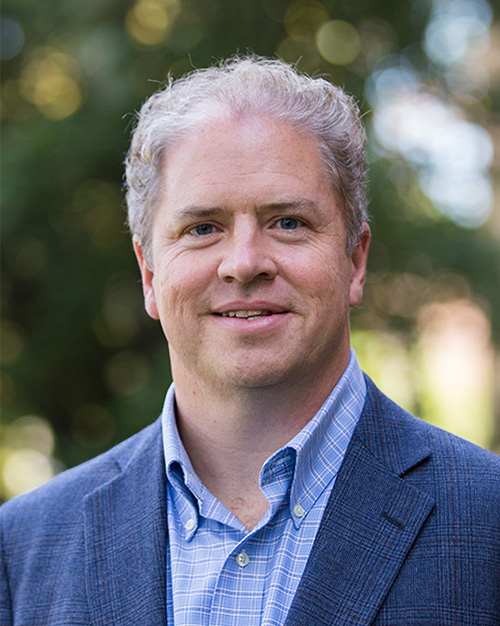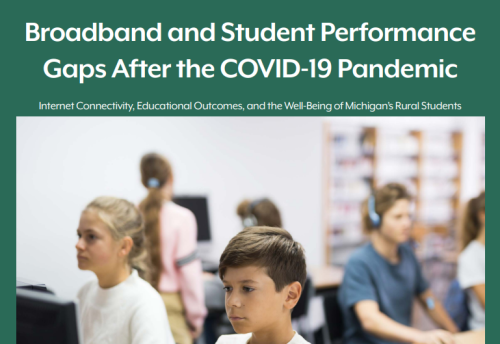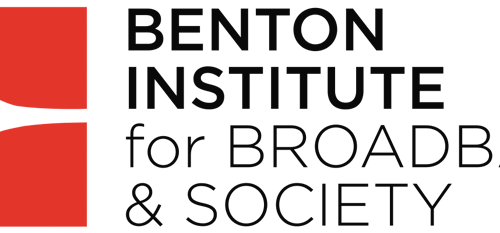
Brandt Fellowship for Faculty Excellence
The fellowship program is in its second year and is supported by the Ned Brandt Faculty Excellence Fund, named for late alumnus Ellis “Ned” Brandt (BA ’43 Journalism). Brandt, a prominent Michigan philanthropist with a storied career in journalism and public relations, left a gift to the College of Communication Arts and Sciences through his estate to continue his legacy through a series of endowed professorships in all facets of communication.
The one-year fellowship recognizes excellence in research, scholarship or creative work by faculty in MSU’s College of Communication Arts and Sciences. All full-time faculty members in ComArtSci are eligible for the $25,000 award, which can be used to strengthen ongoing activities in a particular communication domain or to build a new area of interest.
Keith Hampton

Media & Information Professor Keith Hampton, Ph.D., has been teaching at ComArtSci since 2016, and is internationally known for research surrounding the implications of new media on society. With the Brandt fellowship, Hampton plans to expand on his experience in survey research, with Pew Research and the Quello Center, to find opportunities to develop a representative Michigan survey panel and eventually expand to national representativeness.
His recent research has focused on digital inequities and how the COVID-19 pandemic has impacted rural Michigan students. In the year prior to the pandemic, Hampton led a project at the Quello Center to assess potential areas of digital inequality in the state. “We did a survey of just over 20 different middle and high schools, primarily in rural Michigan, looking at the relationship between access inequalities, skill inequalities, and things like how parents respond to technologies — and its relationship to students’ academic performance, career interests, psychological well-being and other outcomes,” said Hampton. Now, more than two years since the COVID-19 pandemic began, Hampton is wrapping up a second wave of the survey. “We’ve gone back to those same schools and those same students to look at how having stronger digital skills, or better internet access before the pandemic, may have inoculated some students from some of the declines in both social and academic outcomes that have been seen as a result of the pandemic.”
Challenges with access and education drew more attention to digital inequities among communities throughout the pandemic. This project has successfully contributed a valuable foundation to start closing some of those disparities. Through the Quello Center, the team has partnered with several regional groups to map access inequalities and pair them with available funding sources. “We’ve improved the methodology that local areas in Michigan can use to identify those gaps in access. We’ve also made a convincing argument for how Michigan students are being disadvantaged as a result of these digital inequalities,” said Hampton.
However, Hampton notes that recognizing and filling those gaps in infrastructure is only a necessary first step. “The strongest predictors of student success, related to the use of digital media, tend to come from having digital skills and being in an environment that is supportive of using digital media,” said Hampton. “Schools and parents don’t often recognize the value of everyday use of digital technologies in the home, and how that might support outcomes related to students’ SAT scores, their grades and so on.”
More information: https://comartsci.msu.edu/about/newsroom/news/2022-brandt-fellowship-awarded-two-comartsci-faculty-members



